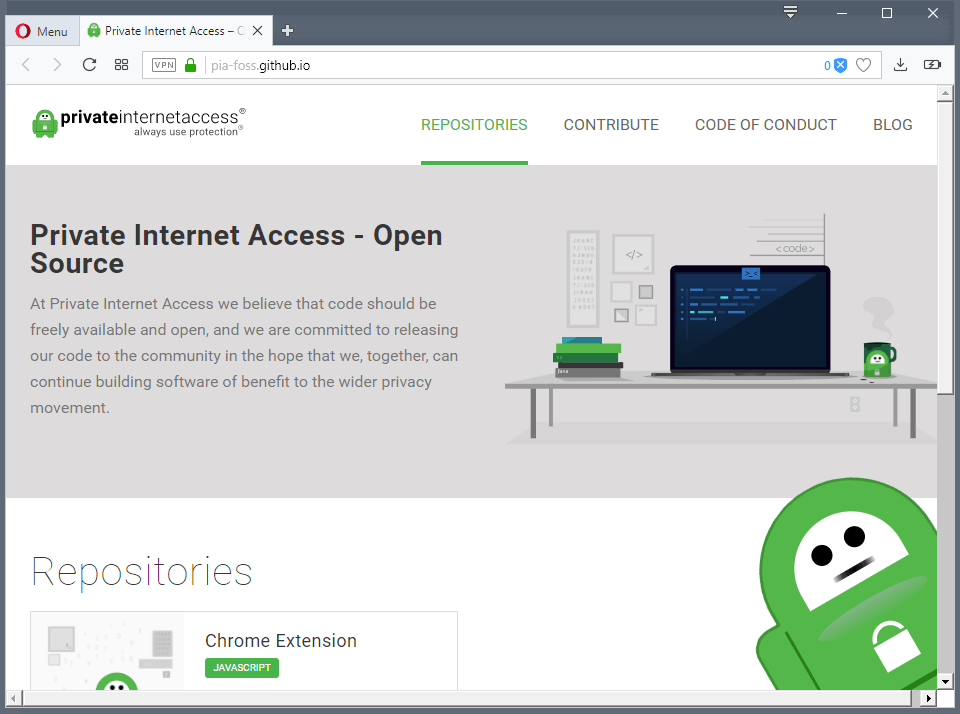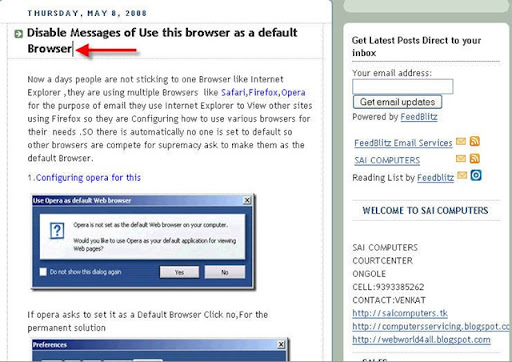

Kape Technologies owns other VPNs, including ExpressVPN, CyberGhost, and ZenMate VPN. Note that Private Internet Access was acquired by Kape Technologies in 2019. But being located in a country that’s part of a global surveillance network might not be the best thing for maintaining user privacy. PIA has done an excellent job so far with its privacy initiatives, and we hope it continues to do an excellent job. is part of the Five Eyes, Nine Eyes, and 14 Eyes Alliances, which are global networks involved in mass surveillance, including within their own countries. The main fact pointing to this possibility is that Private Internet Access is U.S.-based. consumer protection laws, according to PIA.īut even though it hasn’t happened yet, that doesn’t mean PIA can’t eventually be forced to breach its own policies. government hasn’t been able to force PIA to violate its no-logs policy. PIA uses RAM-only servers, which means data is frequently deleted and difficult to steal. The report confirmed PIA’s no-logs policy because Deloitte couldn’t find any trace of user activity on PIA’s servers. PIA also had an independent audit done of its no-logs policy in June 2022 by Deloitte. This is because PIA doesn’t track or store user information and has nothing to give, as outlined in its transparency reports. PIA’s no-logs policy has been tested multiple times in court without PIA releasing any relevant information. In general, PIA doesn’t store any data about your VPN usage or what you do while using its VPN.

PIA doesn’t collect or store your data, including your internet protocol (IP) address, browsing history, DNS queries, bandwidth consumption, VPN session timestamps, or connection logs. PIA VPN has a strict no-logs policy and is headquartered in Colorado, United States. So servers with lower latencies (depicted by a green color) are typically your fastest connection options based on your location. In general, latency is one way to measure your internet speed. If you look at the PIA server list, you’ll see servers ordered by latency numbers. For example, it could mean additional opportunities for you to unblock streaming services in different regions. This is important because more server locations means more ways to use VPNs. Here’s how PIA compares to other popular VPN providers with its number of countries with servers:Ĭompared with these VPNs, PIA sits squarely in the middle, which suggests it offers an average number of countries with servers.īut again, 84 countries is actually a decent number and the trend seems to be for VPNs to continue providing more and more server locations. That’s a sizable number of server locations and likely more than enough for your average VPN user. PIA doesn’t release a list of how many servers it actually has, but it does let you know that you can connect to servers in 84 countries. And the settings were straightforward and understandable. It wasn’t difficult for us to find the server list or to connect to different servers. However, beginner users should still be able to navigate through the interface easily enough. The interface itself might fit better in the hands of a more experienced VPN user because of its customization options, such as moving widgets around in the display and setting up your home screen. You might find that your PIA experience is slightly different depending on which app you use.īut we found that PIA has loads of servers to choose from, a strict no-logs policy, and an app interface that’s fairly easy to use and navigate.
#Private internet access chrome extension windows#
We primarily tested PIA using its Windows app, so our experience is generally based on the features available to the Private Internet Access VPN app on Windows.


 0 kommentar(er)
0 kommentar(er)
